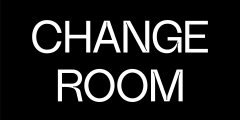THE CANO GUYS
We continue the NAKED GARMENTS series with Philipp Mayer and Lukas Pünder, also known as the CANO Guys. The two high school friends have co-founded two socially driven start-ups in Düssedorf, CANO and retraced. For the latter, they even won the Special Award for Digitization and Sustainability as part of the 2020 Deutscher Nachhaltigkeitspreis.
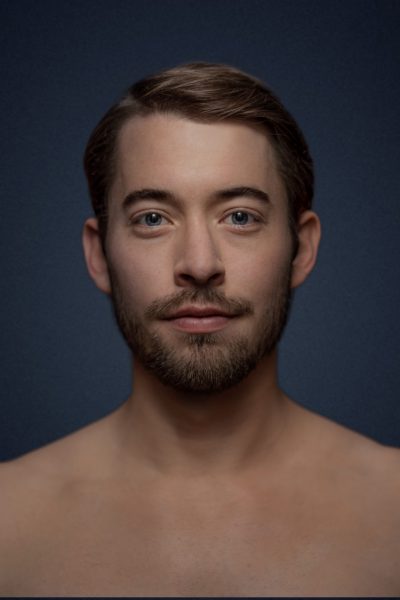
It is important to put the spotlight on the artisans and the people behind the products and the design process.
Date
05.03.2020
Text
Monika Hauck
photographer
Falco Peters
Drivingtransparency and accountability in fashion supply chains.
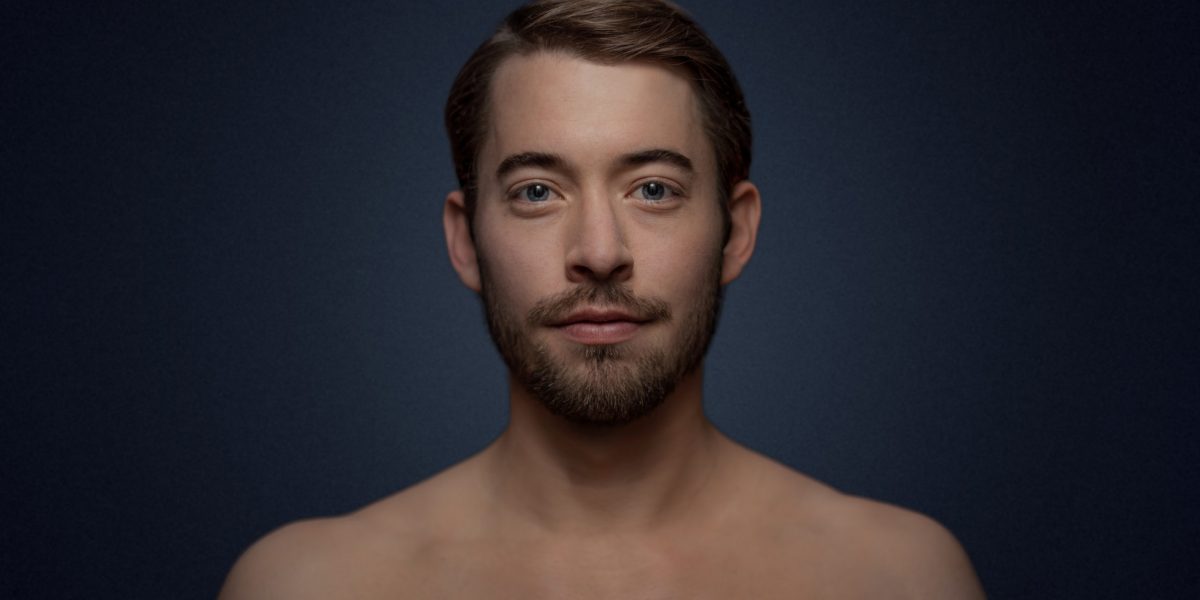
Can you tell us a bit about yourselves and how you guys met?
Philipp: We met all the way back in 2002. We both attended the Max-Planck Gymnasium from the fifth grade on. We have been friends ever since and now we are running two businesses together. One is CANO the shoe brand and the other one is RETRACED a blockchain based technology platform that helps fashion brands make their supply chains more transparent to end consumers.
Lukas: We started with CANO. The idea was to support the local artisans in Mexico that make beautifully handcrafted Mexican leather shoes, also known as Huaraches. We wanted to bring this type of traditional craftsmanship to Europe. The most important points for us in doing this are that the artisans are fairly paid and that we use materials that are sustainable. For example, the leather that we use is vegetable tanned with the least environmental impact possible.
We are business school graduates and therefore have no skills in crafting our products. So it was very important to put the spotlight on the artisans and the people behind the products and the design process.
For this very reason, we developed a technology that enables end consumers to scan the products and really find out who actually produced the product they are wearing. So they would really get to know the people, whether it was Martin, Maria or Eva or any of the other 10 people that were involved in crafting the product. We realised that this solution could also be interesting for other brands who want to be more transparent and want to tell the story behind their product.
So we teamed up with another high school friend of ours, Peter Merkert, who is a blockchain specialist and full-stack developer, and founded retraced together. The implementation of retrace helps fashion brands to really get to know their supply chains and track down the origins of every single product they produce. We teamed up with ORACLE, here in Düsseldorf, to speed up the development process and have been live since August 2019. Now the first retraced products are on the market and the end consumer can now verify that a product was really produced, where the brand claims it was. When the brand says that their T-shirts are made of 100% organic cotton, you just have to believe it, right? Now, you can really trace it back all the way to the farm, where it comes from.
„When the brand says that their T-shirts are made of 100% organic cotton, you just have to believe it, right? Now, you can really trace it back all the way to the farm, where it comes from."
Lukas Pünder
You both became entrepreneurs straight after university. What drove your decision to do so?
Lukas: I think I can speak for both of us. It was very important to us to work on something where we could directly see how our actions and efforts had an immediate impact on our lives and on the world at large. Taking responsibility for what the outcome will be was the thing that really drove us and kept us motivated.
What was your dream job when you were a kid?
Lukas: When I was a kid, I wanted to become a tennis player. Then I wanted to pursue a career in consulting or banking. So, to be honest, the wish to become a founder only came up during my Master Studies as WHU – OTTO BEISHEIM SCHOOL OF MANAGEMENT. At WHU, there is a big community interested in entrepreneurship and a strong start-up spirit. So, I got influenced and hooked, seeing that it is more exciting to take responsibility into your own hands and start your own project.
Philipp: For me personally, it was very different because my father is an entrepreneur himself. He was always my role model. I always wanted to be like him. When I was growing up, I got to see what it really means to be an entrepreneur. You work a lot and have long days, but you are very flexible too. For example, you can take time off and have lunch with your family. Although my father worked a lot, he was always there for me during my childhood, which was great!
How do you manage to achieve a work-life balance?
Lukas: Difficult topic. Currently, we have two companies and you really feel the pressure, especially because both companies are very different. CANO is a classical B2C physical product. On the other hand, retraced is a tech-driven B2B software start-up. Sometimes it is tough structuring your day as there is such a big difference between the two, And, of course, it is very time consuming. The fact that half of our team is located in Mexico does not make things easier – sometimes it feels like we need to work in two shifts. But we try to remember that entrepreneurship is not a sprint, but a marathon, so that you have to be prepared to run for a long time. This can also be challenging for the employees. As founders, we always try to make sure that everything stays within the boundaries. I think it is important to work hard, but it’s also important to celebrate the small successes of the company so that everyone feels it and feels that they too are making a difference.
What does fashion mean in your life? I believe neither of you planned on becoming a fashion entrepreneur.
Philipp: Exactly. Prior to founding CANO, we had absolutely nothing to do with fashion. But, the more we got to know about the fashion industry, the more interesting the entire topic became. Now, whenever I see clothing, I always have to think about the supply chain behind the product. I no longer see a product based on its style but more on the materials and the production practice.
It is like 50 people that work on a pair of boots. Before, we had no idea. Typically, you tend to think that clothing comes from some factory and everything is assembled by machines. The shirts just fall out of a machine. But every single product in fashion is handmade. There are brands that say this product is “Hand Made” or these are “Hand Crafted Shoes”, but literally there is not one piece of clothing in the world that is not handmade, because nearly all things are still sewn by hand.
„Every single product in fashion is handmade. There are brands that say this product is “Hand Made” or these are “Hand Crafted Shoes”, but literally, there is not one piece of clothing in the world that is not handmade, because nearly all things are still sewn by hand."
Philipp Mayer
Lukas: What we are trying to say at CANO is that joy and self-expression should not only be for us as consumers of fashion items. Fashion should not only be something nice for us, it should be nice for all people involved. When we wear something nice and we have something that we really value, we should be willing to pay for it so that the people that actually make the clothes get their fair share.
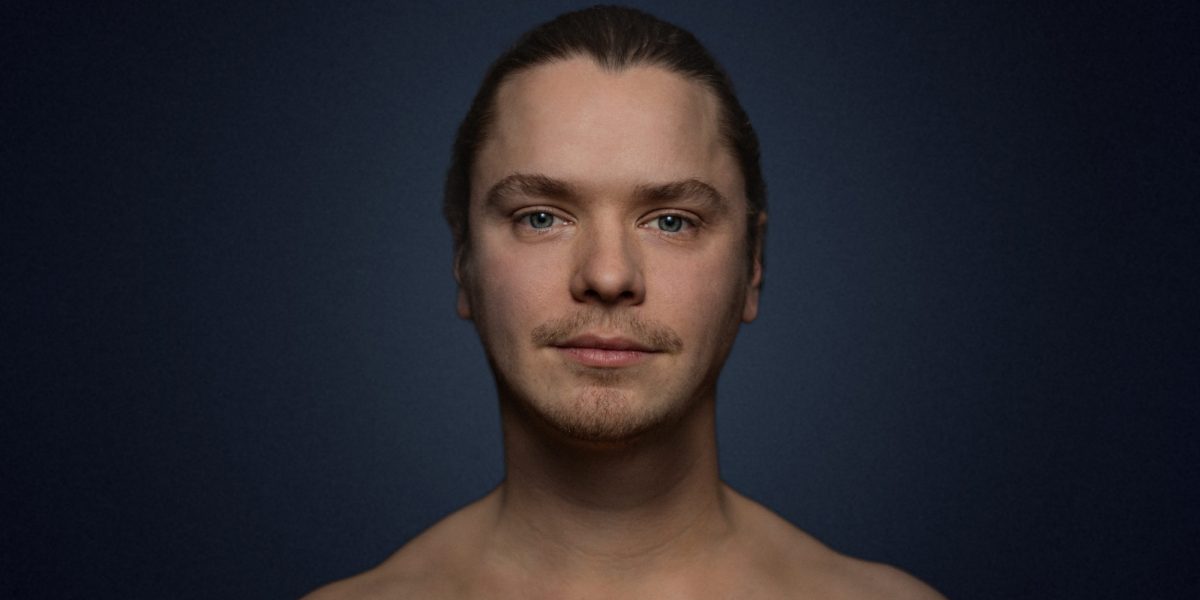
How would you describe your style and where do you shop for fashion?
Philipp: First of all, we always wear our shoes. Well, I also have one pair of sneakers. The rest is very relaxed, just shirts and jeans. To be honest, lately I hardly buy anything new. My wardrobe is still full of clothes and as long as they are not broken, I do not look for anything new.
As founders, we sometimes like swapping our product with other fashion start-ups. We meet them very regularly at fashion fairs and events and say hey, have a pair of our shoes and we want to have one of your shirts or one of your pullovers. For example, there is this Swiss band CARPASUS, they make really nice button-up shirts, which we swapped for shoes.
Do you have a favourite shop in Düsseldorf?
Philip: There is a store in Düsseldorf Oberkassel, where we also sell our shoes, called the GENTLEMAN SIDE. The founder, Andreas van Gunther, handpicks clothes from fashion brands that produce in Italy and he is also an amazing personal stylist and just a cool dude.
Lukas: Although, he is not focusing exclusively on sustainability, he always has an eye on it and he is pushing the brands to act more sustainably by refusing to buy their goods if they use plastic packaging and send around hangers, for example. Which I think sends a strong message.
Do you have any shopping regrets?
Philipp: To be honest, half of my wardrobe is still fast fashion. I bought these clothes several years ago while studying. I still wear them, because it does not make any sense to throw them away just because they were produced in a potentially unsustainable way. Back in those days I was not aware of the negative effect of the fast fashion industry. I think even today, as consumers, we often buy something without having a clue about the impact of our decisions. This is one of the reasons why we decided to create more transparency and integrity with both of our start-ups.
Is there one piece of clothing which you particularly love, which has a special story?
Lukas: I really like my new-old vintage jacket, which I bought in Madrid. On a weekend trip my girlfriend took me to an amazing vintage shop. She enjoys vintage shopping, but I am not such a big fan, so she really needed to convince me. After some time I gave in and actually really enjoyed it. The shop was on a huge street and there were lots of small vintage stores, each with a different theme and different style. It was a great way of getting new clothes. I wanted to have a new leather jacket because mine was completely ripped after 10 years. I found a great leather jacket that matched my style and needs, and it was also very affordable. This jacket and the nice trip with my girlfriend really pushed me into taking a more serious look at vintage shopping, which I regularly do now.
Philipp: My new favourite item is a linen shirt my dad gave me a few months ago from his favourite brand B.D. Baggies. He has been wearing shirts by that brand for like 20-30 years now. My dad just recently discovered online shopping and is still not so good with sizes. So the shirt did not fit him and he did not want to send it back. He gave it to me and I love it. This has a little bit to do with the swapping idea, which is great. It is always good to share or swap items that you do not need anymore. It is an easy way to avoid too much trash and to ensure that not so many new fashion items are needed.
How do you take care of your shoes and clothes? Do you have any tips?
Philipp: When it comes to leather, you should always remember it is a natural, raw material and you should treat it as such. It is not plastic and despite being very durable, it is still more vulnerable. Leather is a great product and an amazing raw material. If you treat it correctly, it will last for a very long time. The most dangerous thing with leather is drying out, as that makes the leather break. When your shoes get wet and you need to dry them, you should not put them near strong direct heat. If they don’t dry slowly the leather gets too dry and it will automatically break. So, when leather shoes get wet, don’t worry, just put a little newspaper inside and under them and give them some time.
Another really important tip is not to wash your jeans too often. Jeans are just not supposed to be washed every week. If you have been partying and they smell bad, you can just put them in the freezer and the smell goes away.
What are the biggest misconceptions about natural leather?
Philipp: Well, some people in the vegan community, try to push the idea that some cows are bred just for leather production, which is complete nonsense as this would be way too expensive. Animal skin is always the cheapest part and is therefore a by-product of the meat industry. I personally believe that as long as people consume meat, people should continue using leather, or else it will just be thrown away.
Lukas: One the other hand, one thing that is very important, is the way the leather is processed. What we have learned over the last three and a half years at CANO is that there are many things that can go wrong if you dye leather in the wrong manner. As a consumer, you might want to make sure that the leather you use is certified and comes from a source that you trust – have a look at the LEATHER WORKING GROUP for example. They have good certification standards that we believe in.
If it is done carelessly, leather processing can be highly pollutive, especially if you use chromium. If a tannery does not have cleaning mechanisms for the water that is contaminated with tanning agents, it will have drastic impact on the environment and consequently on the people that live in the area. Have a look at the movie RIVER BLUE. You showed some parts of the documentary at one of your Fashion Revolution Nights in Düsseldorf. The film very well highlights the horrible consequences that can happen if leather tanneries are not controlled and do not clean the water.
Leather is only one example. There can be risks with nearly every raw material. You have to make sure you know the source it comes from and its real environmental impact. In our case at CANO, as far as possible we try to use vegetable tanned leather. This means that we do not use chromium as a tanning agent, but natural tanning agents, such as extracts from trees, fruits or bark. The most common one we use is Mimosa as it produces light coloured leather and helps to camouflage grain defects. We do use chrome-tanned leather for our boots, but the leather is certified by the Leather Working Group. We communicate openly that we only use leather that is certified.
Generally speaking, there are a lot of certificates out there making it very difficult for a consumer to make an informed decision. But, it is still better to have a certificate than no certificate at all. It means at least one third-party had a look at the production of the product. With retraced we plan to bring clarity to the jungle of certificates by publishing a directory for all certificates in the near future. Consumers can then see what the certificates mean and what they actually certify.
WE THANK WORD OF MONTH FOR THEIR KIND SUPPORT WITH LANGUAGE EDITING AND SAY YAS TO YOUR BEAUTY FOR THE WONDERFUL MAKE-UP!
We continue the NAKED GARMENTS series with Philipp Mayer and Lukas Pünder, also known as the CANO Guys. The two high school friends have co-founded two socially driven start-ups in Düssedorf, CANO and retraced. For the latter, they even won the Special Award for Digitization and Sustainability as part of the 2020 Deutscher Nachhaltigkeitspreis.

"It is important to put the spotlight on the artisans and the people behind the products and the design process."
The Cano Guys
Date
05.03.2020
Text
Monika Hauck
Photographer
Falco Peters
Driving transparency and accountability in fashion supply chains.
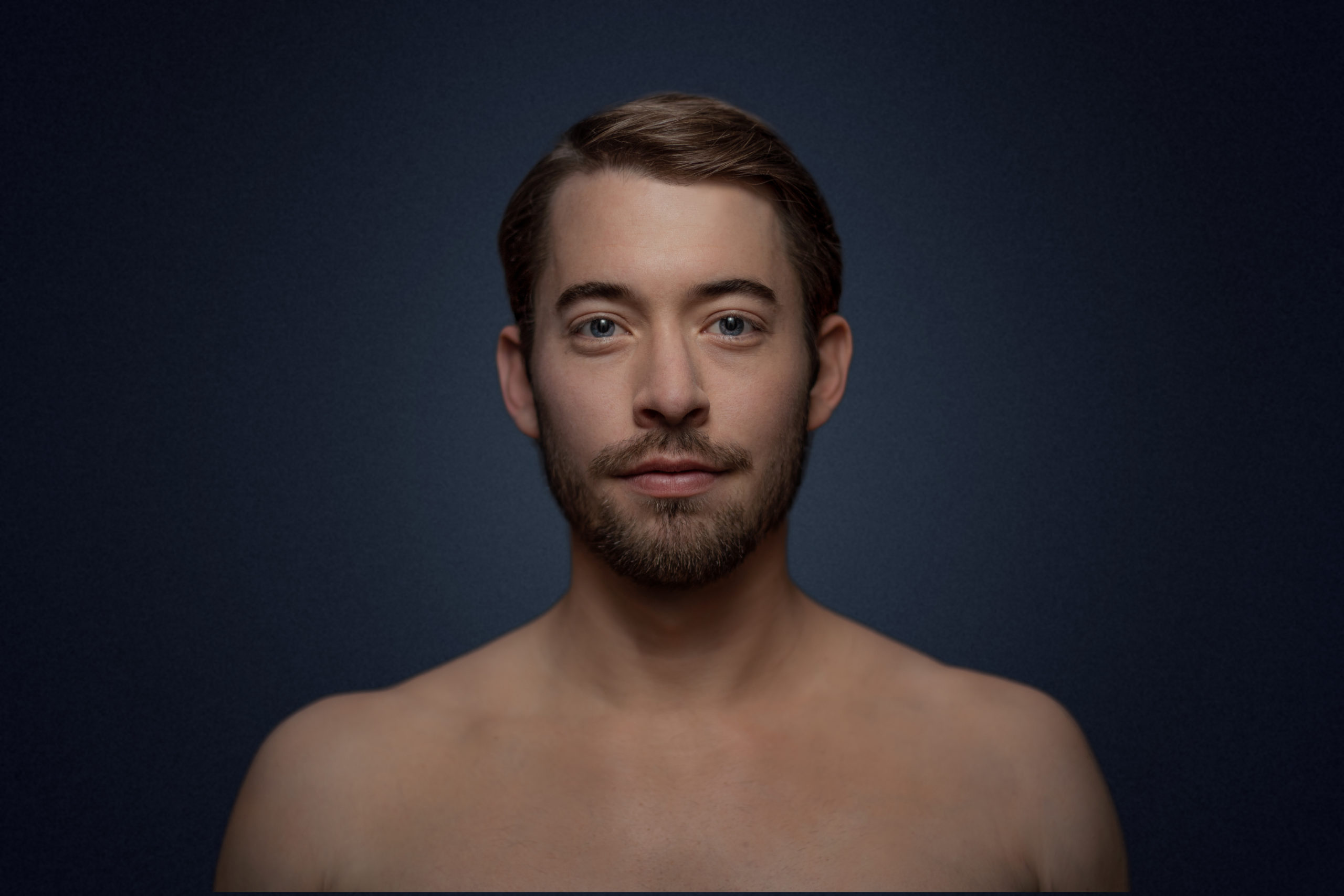
Can you tell us a bit about yourselves and how you guys met?
Philipp: We met all the way back in 2002. We both attended the Max-Planck Gymnasium from the fifth grade on. We have been friends ever since and now we are running two businesses together. One is CANO the shoe brand and the other one is RETRACED a blockchain based technology platform that helps fashion brands make their supply chains more transparent to end consumers.
Lukas: We started with CANO. The idea was to support the local artisans in Mexico that make beautifully handcrafted Mexican leather shoes, also known as Huaraches. We wanted to bring this type of traditional craftsmanship to Europe. The most important points for us in doing this are that the artisans are fairly paid and that we use materials that are sustainable. For example, the leather that we use is vegetable tanned with the least environmental impact possible.
We are business school graduates and therefore have no skills in crafting our products. So it was very important to put the spotlight on the artisans and the people behind the products and the design process.
For this very reason, we developed a technology that enables end consumers to scan the products and really find out who actually produced the product they are wearing. So they would really get to know the people, whether it was Martin, Maria or Eva or any of the other 10 people that were involved in crafting the product. We realised that this solution could also be interesting for other brands who want to be more transparent and want to tell the story behind their product.
So we teamed up with another high school friend of ours, Peter Merkert, who is a blockchain specialist and full-stack developer, and founded retraced together. The implementation of retrace helps fashion brands to really get to know their supply chains and track down the origins of every single product they produce. We teamed up with ORACLE, here in Düsseldorf, to speed up the development process and have been live since August 2019. Now the first retraced products are on the market and the end consumer can now verify that a product was really produced, where the brand claims it was. When the brand says that their T-shirts are made of 100% organic cotton, you just have to believe it, right? Now, you can really trace it back all the way to the farm, where it comes from.
"When the brand says that their T-shirts are made of 100% organic cotton, you just have to believe it, right? Now, you can really trace it back all the way to the farm, where it comes from."
Lukas Pünder
You both became entrepreneurs straight after university. What drove your decision to do so?
Lukas: I think I can speak for both of us. It was very important to us to work on something where we could directly see how our actions and efforts had an immediate impact on our lives and on the world at large. Taking responsibility for what the outcome will be was the thing that really drove us and kept us motivated.
What was your dream job when you were a kid?
Lukas: When I was a kid, I wanted to become a tennis player. Then I wanted to pursue a career in consulting or banking. So, to be honest, the wish to become a founder only came up during my Master Studies as WHU – OTTO BEISHEIM SCHOOL OF MANAGEMENT. At WHU, there is a big community interested in entrepreneurship and a strong start-up spirit. So, I got influenced and hooked, seeing that it is more exciting to take responsibility into your own hands and start your own project.
Philipp: For me personally, it was very different because my father is an entrepreneur himself. He was always my role model. I always wanted to be like him. When I was growing up, I got to see what it really means to be an entrepreneur. You work a lot and have long days, but you are very flexible too. For example, you can take time off and have lunch with your family. Although my father worked a lot, he was always there for me during my childhood, which was great!
How do you manage to achieve a work-life balance?
Lukas: Difficult topic. Currently, we have two companies and you really feel the pressure, especially because both companies are very different. CANO is a classical B2C physical product. On the other hand, retraced is a tech-driven B2B software start-up. Sometimes it is tough structuring your day as there is such a big difference between the two, And, of course, it is very time consuming. The fact that half of our team is located in Mexico does not make things easier – sometimes it feels like we need to work in two shifts. But we try to remember that entrepreneurship is not a sprint, but a marathon, so that you have to be prepared to run for a long time. This can also be challenging for the employees. As founders, we always try to make sure that everything stays within the boundaries. I think it is important to work hard, but it’s also important to celebrate the small successes of the company so that everyone feels it and feels that they too are making a difference.
What does fashion mean in your life? I believe neither of you planned on becoming a fashion entrepreneur.
Philipp: Exactly. Prior to founding CANO, we had absolutely nothing to do with fashion. But, the more we got to know about the fashion industry, the more interesting the entire topic became. Now, whenever I see clothing, I always have to think about the supply chain behind the product. I no longer see a product based on its style but more on the materials and the production practice.
It is like 50 people that work on a pair of boots. Before, we had no idea. Typically, you tend to think that clothing comes from some factory and everything is assembled by machines. The shirts just fall out of a machine. But every single product in fashion is handmade. There are brands that say this product is “Hand Made” or these are “Hand Crafted Shoes”, but literally there is not one piece of clothing in the world that is not handmade, because nearly all things are still sewn by hand.
"Every single product in fashion is handmade. There are brands that say this product is “Hand Made” or these are “Hand Crafted Shoes”, but literally, there is not one piece of clothing in the world that is not handmade, because nearly all things are still sewn by hand."
Philipp Mayer
Lukas: What we are trying to say at CANO is that joy and self-expression should not only be for us as consumers of fashion items. Fashion should not only be something nice for us, it should be nice for all people involved. When we wear something nice and we have something that we really value, we should be willing to pay for it so that the people that actually make the clothes get their fair share.
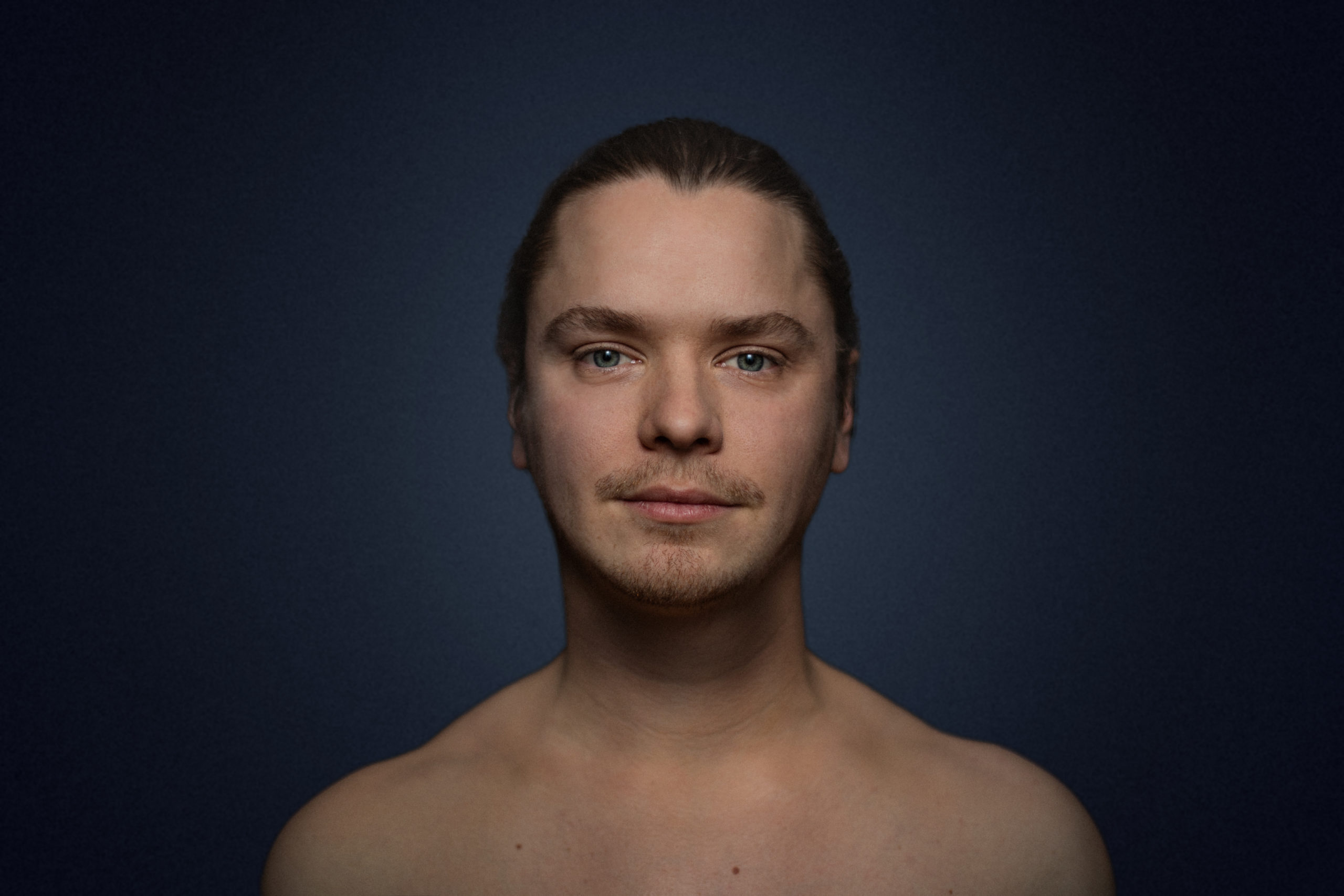
How would you describe your style and where do you shop for fashion?
Philipp: First of all, we always wear our shoes. Well, I also have one pair of sneakers. The rest is very relaxed, just shirts and jeans. To be honest, lately I hardly buy anything new. My wardrobe is still full of clothes and as long as they are not broken, I do not look for anything new.
As founders, we sometimes like swapping our product with other fashion start-ups. We meet them very regularly at fashion fairs and events and say hey, have a pair of our shoes and we want to have one of your shirts or one of your pullovers. For example, there is this Swiss band CARPASUS, they make really nice button-up shirts, which we swapped for shoes.
Do you have a favourite shop in Düsseldorf?
Philip: There is a store in Düsseldorf Oberkassel, where we also sell our shoes, called the GENTLEMAN SIDE. The founder, Andreas van Gunther, handpicks clothes from fashion brands that produce in Italy and he is also an amazing personal stylist and just a cool dude.
Lukas: Although, he is not focusing exclusively on sustainability, he always has an eye on it and he is pushing the brands to act more sustainably by refusing to buy their goods if they use plastic packaging and send around hangers, for example. Which I think sends a strong message.
Do you have any shopping regrets?
Philipp: To be honest, half of my wardrobe is still fast fashion. I bought these clothes several years ago while studying. I still wear them, because it does not make any sense to throw them away just because they were produced in a potentially unsustainable way. Back in those days I was not aware of the negative effect of the fast fashion industry. I think even today, as consumers, we often buy something without having a clue about the impact of our decisions. This is one of the reasons why we decided to create more transparency and integrity with both of our start-ups.
Is there one piece of clothing which you particularly love, which has a special story?
Lukas: I really like my new-old vintage jacket, which I bought in Madrid. On a weekend trip my girlfriend took me to an amazing vintage shop. She enjoys vintage shopping, but I am not such a big fan, so she really needed to convince me. After some time I gave in and actually really enjoyed it. The shop was on a huge street and there were lots of small vintage stores, each with a different theme and different style. It was a great way of getting new clothes. I wanted to have a new leather jacket because mine was completely ripped after 10 years. I found a great leather jacket that matched my style and needs, and it was also very affordable. This jacket and the nice trip with my girlfriend really pushed me into taking a more serious look at vintage shopping, which I regularly do now.
Philipp: My new favourite item is a linen shirt my dad gave me a few months ago from his favourite brand B.D. Baggies. He has been wearing shirts by that brand for like 20-30 years now. My dad just recently discovered online shopping and is still not so good with sizes. So the shirt did not fit him and he did not want to send it back. He gave it to me and I love it. This has a little bit to do with the swapping idea, which is great. It is always good to share or swap items that you do not need anymore. It is an easy way to avoid too much trash and to ensure that not so many new fashion items are needed.
How do you take care of your shoes and clothes? Do you have any tips?
Philipp: When it comes to leather, you should always remember it is a natural, raw material and you should treat it as such. It is not plastic and despite being very durable, it is still more vulnerable. Leather is a great product and an amazing raw material. If you treat it correctly, it will last for a very long time. The most dangerous thing with leather is drying out, as that makes the leather break. When your shoes get wet and you need to dry them, you should not put them near strong direct heat. If they don’t dry slowly the leather gets too dry and it will automatically break. So, when leather shoes get wet, don’t worry, just put a little newspaper inside and under them and give them some time.
Another really important tip is not to wash your jeans too often. Jeans are just not supposed to be washed every week. If you have been partying and they smell bad, you can just put them in the freezer and the smell goes away.
What are the biggest misconceptions about natural leather?
Philipp: Well, some people in the vegan community, try to push the idea that some cows are bred just for leather production, which is complete nonsense as this would be way too expensive. Animal skin is always the cheapest part and is therefore a by-product of the meat industry. I personally believe that as long as people consume meat, people should continue using leather, or else it will just be thrown away.
Lukas: One the other hand, one thing that is very important, is the way the leather is processed. What we have learned over the last three and a half years at CANO is that there are many things that can go wrong if you dye leather in the wrong manner. As a consumer, you might want to make sure that the leather you use is certified and comes from a source that you trust – have a look at the LEATHER WORKING GROUP for example. They have good certification standards that we believe in.
If it is done carelessly, leather processing can be highly pollutive, especially if you use chromium. If a tannery does not have cleaning mechanisms for the water that is contaminated with tanning agents, it will have drastic impact on the environment and consequently on the people that live in the area. Have a look at the movie RIVER BLUE. You showed some parts of the documentary at one of your Fashion Revolution Nights in Düsseldorf. The film very well highlights the horrible consequences that can happen if leather tanneries are not controlled and do not clean the water.
Leather is only one example. There can be risks with nearly every raw material. You have to make sure you know the source it comes from and its real environmental impact. In our case at CANO, as far as possible we try to use vegetable tanned leather. This means that we do not use chromium as a tanning agent, but natural tanning agents, such as extracts from trees, fruits or bark. The most common one we use is Mimosa as it produces light coloured leather and helps to camouflage grain defects. We do use chrome-tanned leather for our boots, but the leather is certified by the Leather Working Group. We communicate openly that we only use leather that is certified.
Generally speaking, there are a lot of certificates out there making it very difficult for a consumer to make an informed decision. But, it is still better to have a certificate than no certificate at all. It means at least one third-party had a look at the production of the product. With retraced we plan to bring clarity to the jungle of certificates by publishing a directory for all certificates in the near future. Consumers can then see what the certificates mean and what they actually certify.
WE THANK WORD OF MONTH FOR THEIR KIND SUPPORT WITH LANGUAGE EDITING AND SAY YAS TO YOUR BEAUTY FOR THE WONDERFUL MAKE-UP!
